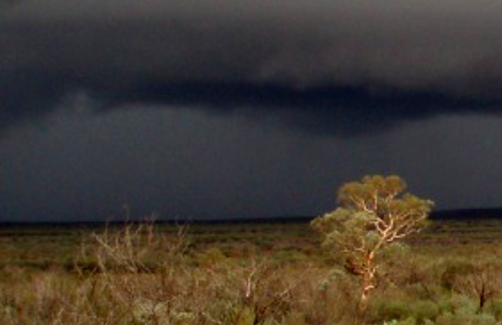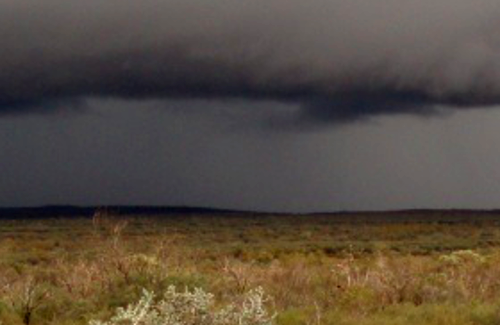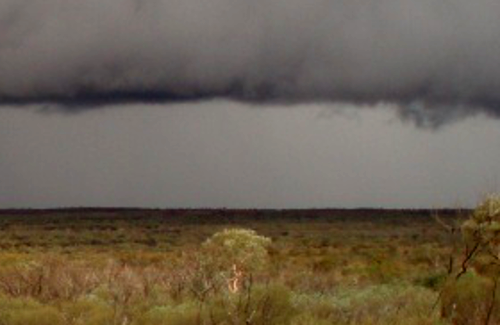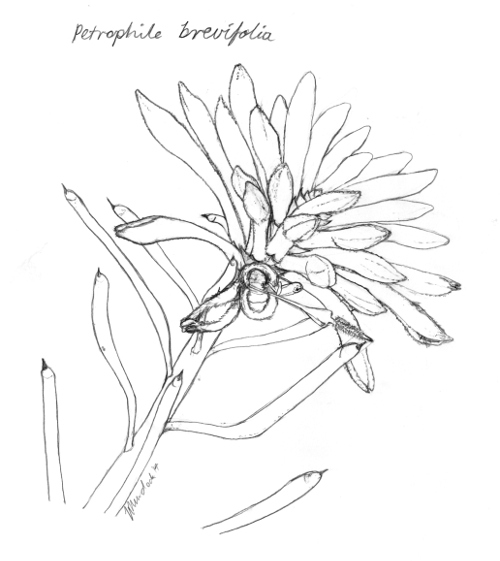Our Capabilities
Experience
Mattiske Consulting Pty Ltd (E.M. Mattiske and Associates prior to 1994) has undertaken a wide range of flora, vegetation and ecological studies for a variety of government, mining and private industry clients.
Our team has some 80 years of cumulative experience in the design and implementation of a range of biological assessments and ecological monitoring programs across a wide range of Australian environments. Many of these projects have been undertaken consistently for a range of Clients over 30 to 40 years and hence the ability to interpret needs and findings is well founded in science.
The diversity of projects in Western Australia is illustrated here.
|
Quality
Currently the team has a range of senior and experienced staff who have Ph.D. degrees, Master degrees and Honors degrees in science and environmental science, bringing a rigor to the design, implementation, interpretation and reporting phases of projects. In addition, the team has access to highly skilled computing and GIS teams including CAD Resources.
Preparedness
The Mattiske team has access to a range of statistical packages (under license) that assist in the maintenance of the rigor of all analyses.
|
Training
Several team members have teaching and tutoring skills and internal training courses are held on a regular basis to maintain and constantly improve skills and knowledge of all team members. This ability has also been recognized by a range of local universities and as a consequence some of the team participate in lecturing to undergraduates and working with post graduates.
As the expectations of the community and regulators grow, the Mattiske Consulting team can adapt to match these expectations.
Mattiske Consulting conducts botanical and ecological studies across Western Australia, providing clients with comprehensive and rigorous scientific data. Often, these surveys involve liaising with a range of clients from government, mining, industry and private sectors.
|
Mattiske Consulting's main capabilities and areas of work are summarised below.
Click each title for more information.
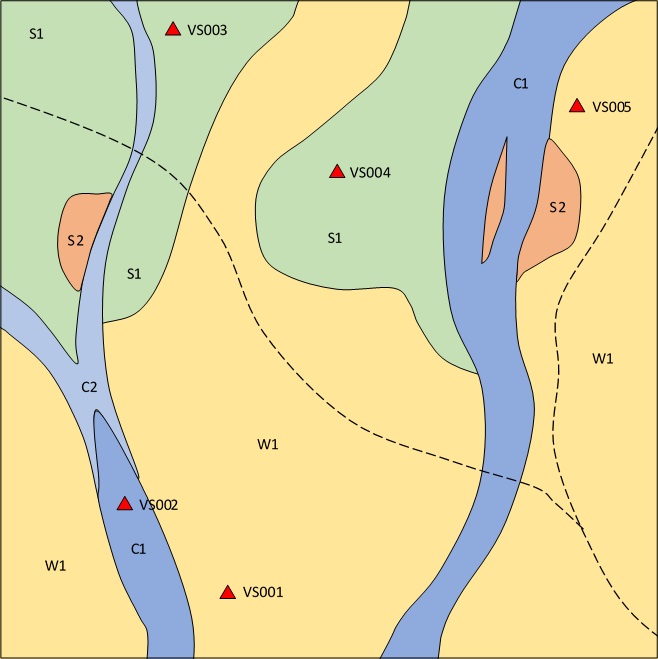
Mattiske Consulting has a broad range of experience in baseline flora and vegetation studies, both at the small, local scale and wider, regional scale. The types of baseline surveys carried out include:
 Level 1 surveys
Level 1 surveys - desktop flora and vegetation surveys followed up with reconnaissance surveys and broad definition of vegetation communities in the project area.
 Level 2 surveys
Level 2 surveys - multi-seasonal field work, often using permanent monitoring plots to target areas of interest defined in the desktop survey and placing flora and vegetation of the project area into a regional context.
 Multi-scale assessments
Multi-scale assessments - integrating and covering different scales of vegetation mapping to enable the assessment of patterns, impacts, and temporal change in a regional context.
 Threatened and priority flora surveys
Threatened and priority flora surveys - building on extensive staff experience and available government (and other) database information, these surveys are aimed at defining species' population boundaries, localities, numbers, and habitat preferences.
 Threatened and priority ecological communities
Threatened and priority ecological communities - confirming occurrence based on available knowledge, refining community boundaries and quantifying impacts from proposed projects.
 Weed surveys
Weed surveys - involvement in weed identification, population and distribution mapping, and developing management plans and strategies.
Mattiske Consulting has been involved in rehabilitation planning and monitoring over three decades, especially in the South West, Pilbara, Kimberley and Goldfields regions of Western Australia. The depth of experience accumulated over more than 36 years of both temporal and spatial studies on a range of different types of mining operations and associated landforms and soils, places Mattiske Consulting in a unique position to assist and contribute to rehabilitation planning and monitoring. Mattiske Consulting's rehabilitation studies have assisted in improving rehabilitation practices through the design, species selection, rehabilitation progress, completion criteria and closure phases of rehabilitation programs.
Mattiske Consulting has been involved in numerous long-term monitoring projects in a variety of regions (Pilbara, Goldfields, Kimberley, Jarrah Forest, Wheatbelt and Swan Coastal Plain). Examples include monitoring the condition of native vegetation on rehabilitation areas, on areas where groundwater levels have changed, along creeklines and on areas that have been subjected to dust and gaseous emissions on native vegetation.
Mattiske Consulting utilises and manages its own in-house herbarium, which has been developed and expanded over 37 years, aiding with plant identifications from across Western Australia. The Mattiske Consulting herbarium is regularly audited and updated to align with Western Australian Herbarium records and nomenclature. The taxonomists in the team have a depth of experience spanning many years and as such are a critical component of the ecological studies.
Mattiske Consulting has developed a range of databases to suit the requirements of its clients. The data, derived from baseline, mapping and monitoring surveys, has been integrated into client in-house databases to provide more comprehensive information which is used to inform operational matters. Techniques for optimizing data handling and interpretation are regularly reviewed and incorporated into our operations.
Mattiske Consulting can also assist with:

Technical information and analyses for the preparation of government approval documents (e.g. environmental impact assessments, applications to take, clearing permits)

Environmental Risk Assessment

Environmental policy and strategic reviews

Wetland re-classification

Fauna baseline and targeted surveys (often undertaken in conjunction with other specialist zoologists)

Fauna habitat mapping

Flora and fauna management plans (relating to dieback, weeds, threatened species and communities, etc.)



